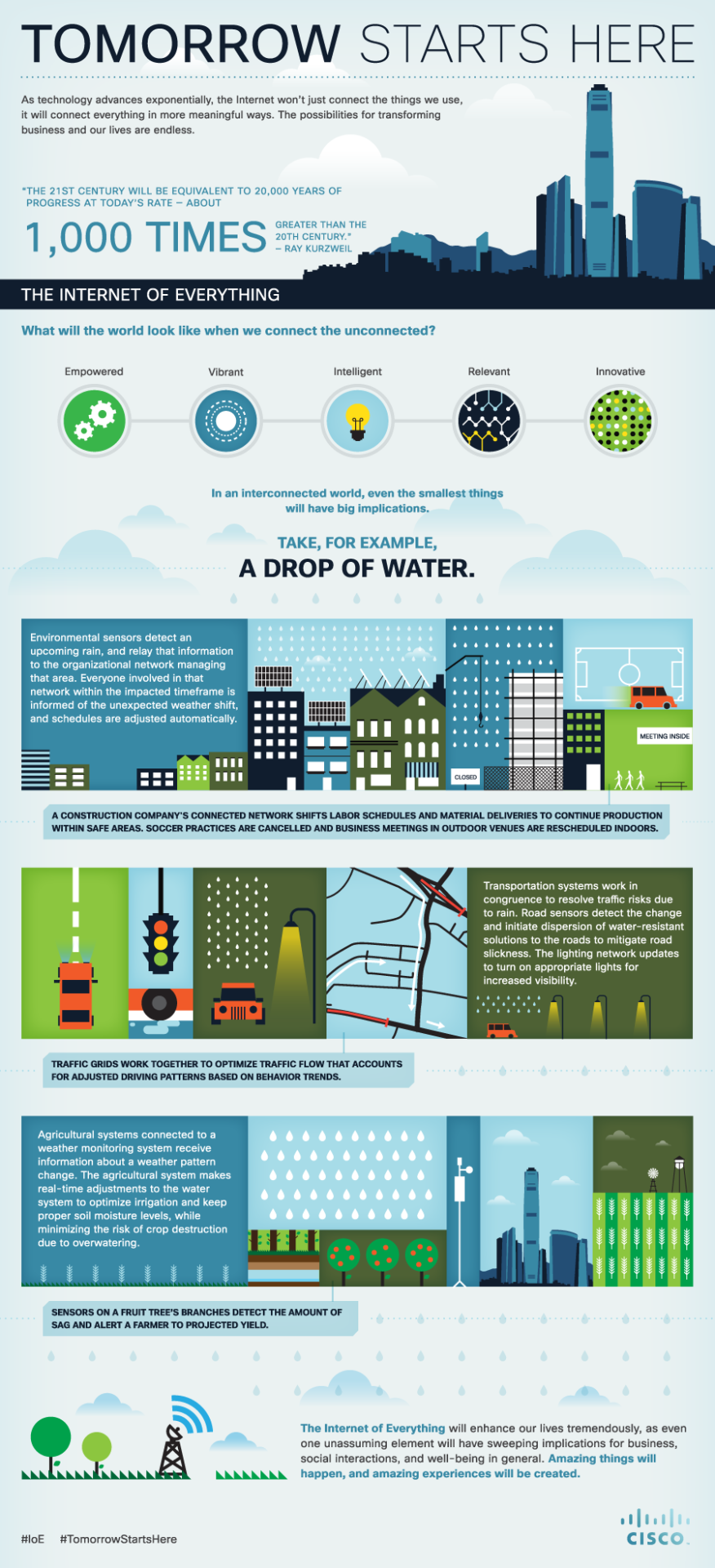Tagged: connectivity
Conversation, connection and loneliness
This fantastic video by Shimi Cohen is an interesting link back to the idea of conversation and connection and how that relates to the innovation of loneliness.
filaments

Reading Weinberger’s ‘Small Pieces Loosely Joined’ I’m drawn to the idea of the internet allowing you to “‘try on’ a personality.” Although AOL’s golden era of 1999 has passed, we’re still able to ‘try on’ different personas, or even simply act/write/share differently depending on the audience the medium might afford. Personally I have two Tumblrs, both anonymous, with one themed and one that is basically used to waste time scrolling, reblogging gifs and over-sharing my at least 12 feelings late at night. In contrast, different personas are experimented with over other platforms: Twitter, Facebook, different blogs. Similarly, .Zannah has her two web pages, which Weinberger fittingly describes as “the views two different friends might have of her.”

This idea of experimentation and play threads back to design fiction, and could prove a useful tool in these diegetic prototypes.
Weinberger does raise the question that may well keep me up all night tonight though:
The very basics of what it means to have a self-identity through time – an “inner” consistency, a core character from which all else springs – are in question on the Web.
What is my online identity when I have so many facets online, or even day-to-day? I know I act differently around different audiences, my parents versus my best friends versus strangers for example, just as I post different content on distinct platforms.
____________________________________________________________
This reading also alludes to four key ideas which I find quite interesting that disconnects the Web from ‘the real world’:
- Space – the Web is a space that occupies no space.
- Time – we determine when and how long we will participate based solely on what suits us.
- Self – as mentioned above, we adopt names, identities and personas.
- Knowledge – the lively plurality of voices sometimes can and should outweigh the stentorian voice of experts.
_________
The article also explores if the internet is making us more or less social, which reminded me of a post I made in early 2012 on Media Musings. I’ll post it below:
Technological devices/vices
I think this blog is something of a conversation.
It’s a little bit (or a lot) one-sided at the moment, but you have the ability to reply to what I say, and I can respond back again in the comments section. I can find my peers’ blogs, and we can converse and share our opinions there.
So, I have to say I was a little surprised at Sherry Turkle’s remarks in The New York Times last month, declaring the “sacrifice of conversation for mere connection.”
Turkle makes the claim that:
“We are tempted to think that our little “sips” of online connection add up to a big gulp of real conversation. But they don’t. E-mail, Twitter, Facebook, all of these have their places — in politics, commerce, romance and friendship. But no matter how valuable, they do not substitute for conversation.”
Simon Jenkins of The Guardian tends to agree with Turkle, stating:
“The internet connects us to the entire world, but it is a world bespoke, edited, deleted, sanitised. … There is no time for the thesis, antithesis, synthesis of Socratic dialogue, the skeleton of true conversation.”
It’s a concept that’s been around for a while: The Week’s 2010 blog laments that “twenty-somethings are just illiterate in the nonverbal language that much of our social and workplace lives runs on” because of iPhones and Facebook, while Socrates even had an aversion to the newest technology of the time: ”[It] destroys memory [and] weakens the mind, relieving it of…work that makes it strong. [It] is an inhuman thing.” (Socrates was talking about writing!)

It seems every so often an, dare I say it, ‘older’ person, perhaps a generation or two above the generation they are criticising, will bemoan the technological devices of the present day and idealise the past. There’s always the “good old days,” the “back in my day,” the pre-text, pre-email, pre-writing era.
But I think what they look past is that the internet is a whole different world for everyone, and is especially beneficial for those who need an outlet of expression or support not afforded to them in the physical world.
Forums allow everyone from students to transgender people to those living with mental illness to converse, perhaps in a way that is impossible in the ‘real’ world. To say these conversations are less fulfilling and important than face-to-face ones, ignores and dismisses the reality and worth of these people’s lives.

Personally, I feel increasing portals of social media (ironic it’s called “social” media, no?) herald the death of connection over conversation.
Social media means the conversation never stops, never sleeps. It’s being connected to someone on a real and deep level that seems to have been misplaced.
I’m talking connecting, not in the technological sense, not in the weird Avatar connecting your hair to a tree/animal/other person sense (unless you’re using that metaphorically, then that could be quite nice), but in the deeply humanistic sense.
As much of a dork as I sound, I mean on the mind, body and soul level.
I can count my close friends on my hands, and most of them are the people I went to school with and saw every single day for five years, while my Facebook friends number into the hundreds.

I never find myself stumped for conversation with these Facebook friends, or with the people I follow on Twitter or Tumblr, but I don’t feel truly connected with any of them.
